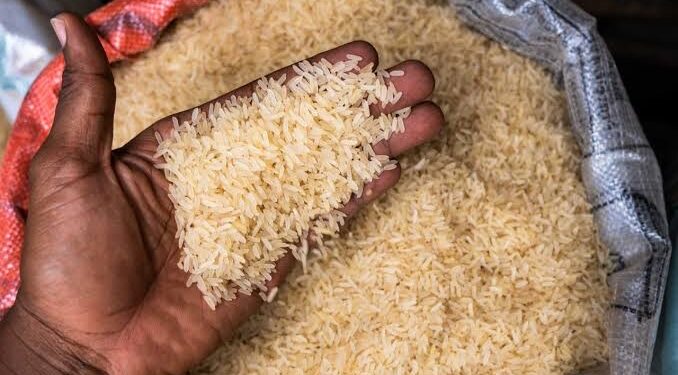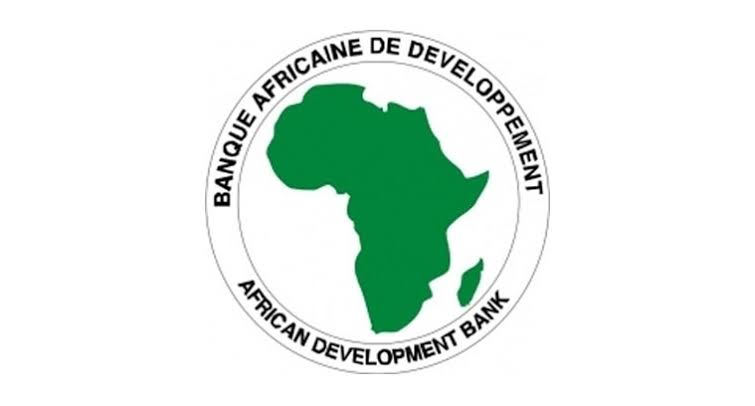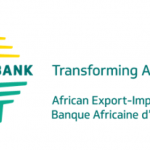The African Export-Import Bank has projected that Africa’s rice market will grow from an estimated $24 billion in 2024 to $29.2 billion by 2030, representing a compound annual growth rate of 4 percent. This forecast was contained in the Afreximbank Commodity Bulletin Number 1 – 2025, which highlighted both the progress and challenges shaping the continent’s rice industry.
According to the report, Africa’s rice production has steadily increased in recent years, reaching about 39.8 million tonnes in 2022, up from 36.9 million tonnes in 2018. Despite this growth, local output still falls short of demand driven by rapid population expansion and urbanisation, forcing many countries to rely heavily on imports.
The report noted that inadequate rural infrastructure, limited access to improved seeds and mechanization, and the effects of climate change, including droughts and flooding, continue to hinder self-sufficiency. These constraints have reduced productivity and made local rice less competitive compared to imported brands.
Nigeria, Mali, and Guinea were cited as leading efforts to reduce import dependence through investments in irrigation, research into high-yield seed varieties, and modern farming practices. In Nigeria, initiatives such as the Anchor Borrowers’ Programme and private sector investments in integrated rice mills have improved production capacity, though the output still does not fully meet national consumption levels.
Despite these strides, Africa remains a net importer of rice, with imports accounting for about 40 percent of total consumption. The continent continues to depend on suppliers from India, Thailand, and Vietnam to fill supply gaps, making it vulnerable to global price fluctuations and supply chain disruptions.
Afreximbank also observed that changing dietary preferences and the continent’s expanding urban population are driving the sustained demand for rice as a convenient, easy-to-prepare staple food.
The report further highlighted the potential of the African Continental Free Trade Area (AfCFTA) to enhance intra-African trade in both paddy rice and processed products. It noted that regional integration could reduce transportation costs and encourage cross-border agricultural collaboration.
The bank’s projection suggests that Africa’s rice market could grow by over $5 billion in the next five years, creating significant opportunities for private investors, agritech innovators, and development finance institutions to expand operations in the sector.










